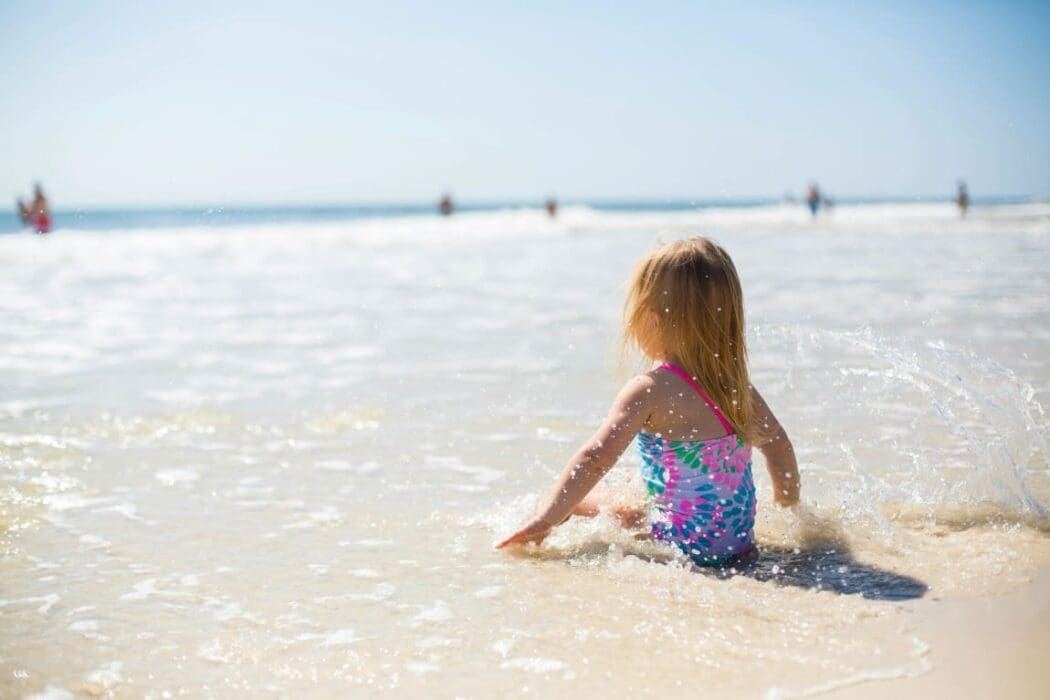Copenhagen, Denmark | AFP – Most of Europe’s bathing sites are safe to swim in, the European Environment Agency (EEA) said on Tuesday, with around 96 percent meeting the bloc’s minimum water quality standards.
Only 1.5 percent of bathing sites were rated as “poor” while 85 percent received the most rigorous “excellent” rating in the EEA’s annual report.
If tests show that the water quality at a bathing spot is poor for five consecutive years, authorities are required to prohibit swimming at the site.
The report surveyed 22,081 bathing sites across all EU member states, as well as in non-EU Albania and Switzerland.
Each site was graded as either “excellent”, “good”, “sufficient” or “poor” depending on the levels of bacteria detected.
The presence of bacteria indicates pollution, mostly caused by sewage and livestock farming.
Cyprus tops the charts with 97.6 percent of its bathing sites rated excellent, followed by Austria on 96.9 percent, Croatia on 96.7 percent and Greece on 95.8 percent.
At the foot of the table, only 41.2 percent of Albania’s sites received top marks, below Poland on 54.9 percent.
France lags behind the European average, with 74.9 percent of its bathing water of excellent quality and 2.9 percent rated as poor.
The figures show little year-on-year change across Europe, with a slight 0.7 percent drop in bathing spots rated excellent compared to 2022.
Seventy-five of the 315 sites across Europe receiving the lowest rating in 2022 had improved since, the EEA noted.
The report found that coastal bathing sites tended to be of a higher quality than inland sites, thanks in part to the more frequent renewal of their waters.
It also found that lakes, rivers and streams are more sensitive than coastal areas to short-term pollution caused by heavy rains and summer droughts.
cbw/sbk/tw
© Agence France-Presse
Featured image credit: Ashley K Bowen | Pexels




